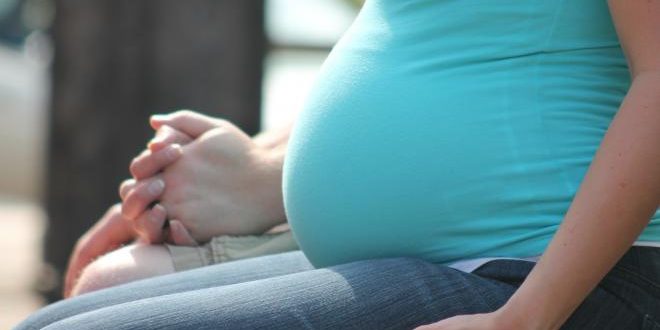Research, published this week in JAMA Pediatrics, demonstrates a link between the consumption of artificially sweetened drinks during pregnancy and an increase in the body mass index of their infants. Although the results of the study cannot prove causation, they are sure to spark further research.
“Our study provides the first human evidence that maternal consumption of artificially sweetened beverages during pregnancy is associated with differences in infant body weight,” said lead author Meghan Azad, assistant professor of the University of Manitoba, Canada.
In the study Azad and colleagues looked at 3,033 mother-infant pairs to examine the association of consuming artificially sweetened beverages during pregnancy and its effect on infant body mass index (BMI) in the first year of life.
A food questionnaire was used for dietary assessments during pregnancy and infant BMI was measured when they were one year old.
Nearly 30 percent of the women reported drinking artificially sweetened beverages during pregnancy, including diet soft drinks and sweetened tea and coffee.
About 5.1 percent of the women reported drinking them daily, and their children have a two-fold increased risk of being overweight at one year of age, they found.
Consumption of sugar-sweetened beverages, however, was not associated with infant obesity.
The researchers acknowledged study limitations that included the potential for error in self-reported dietary outcomes. Therefore, the study cannot prove a causal association.
“Given the current epidemic of childhood obesity and widespread use of artificial sweeteners, further research is warranted to confirm our findings and investigate the underlying biological mechanisms, with the ultimate goal of informing evidence-based dietary recommendations for pregnant women,” said Azad.
In an accompanying editorial, Mark Pereira of the University of Minnesota, and Matthew Gillman of Harvard Medical School, also said the findings by Azad warrant attention.
“Until more safety data are available, pregnant women should consider (safe) water for proper hydration and as the beverage of choice,” they wrote.
Agencies/Canadajournal

 Canada Journal – News of the World Articles and videos to bring you the biggest Canadian news stories from across the country every day
Canada Journal – News of the World Articles and videos to bring you the biggest Canadian news stories from across the country every day

